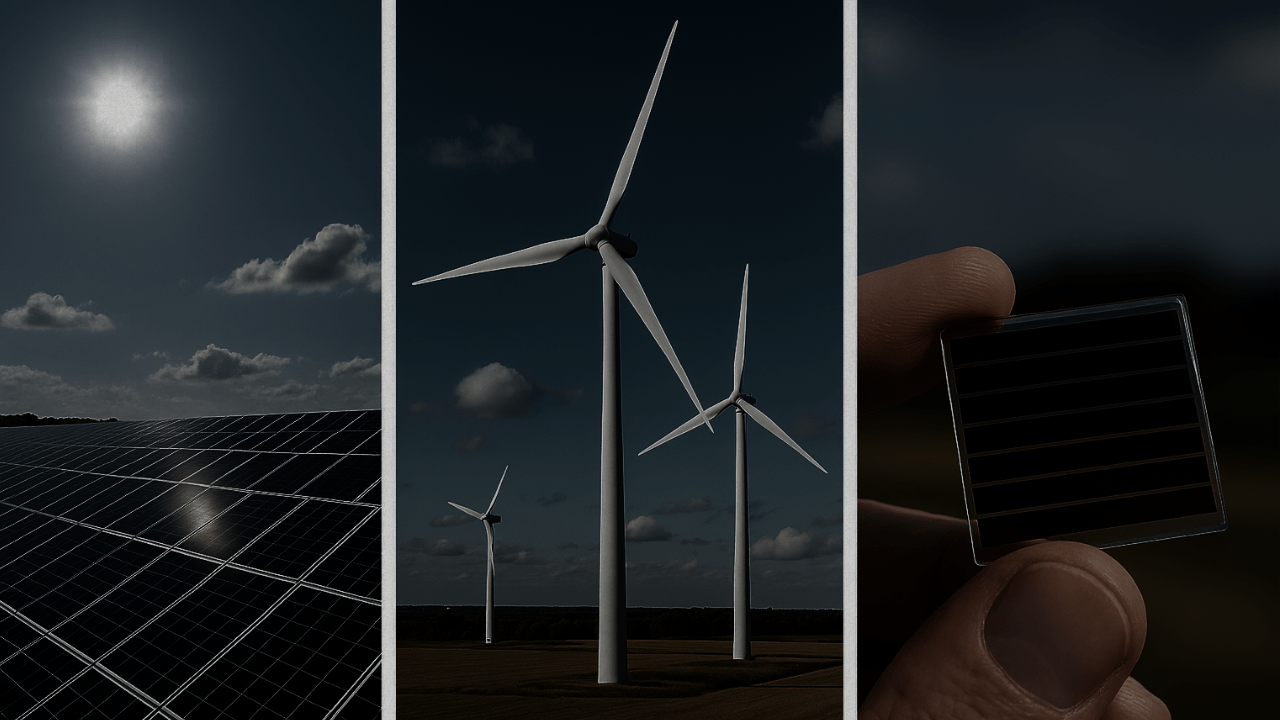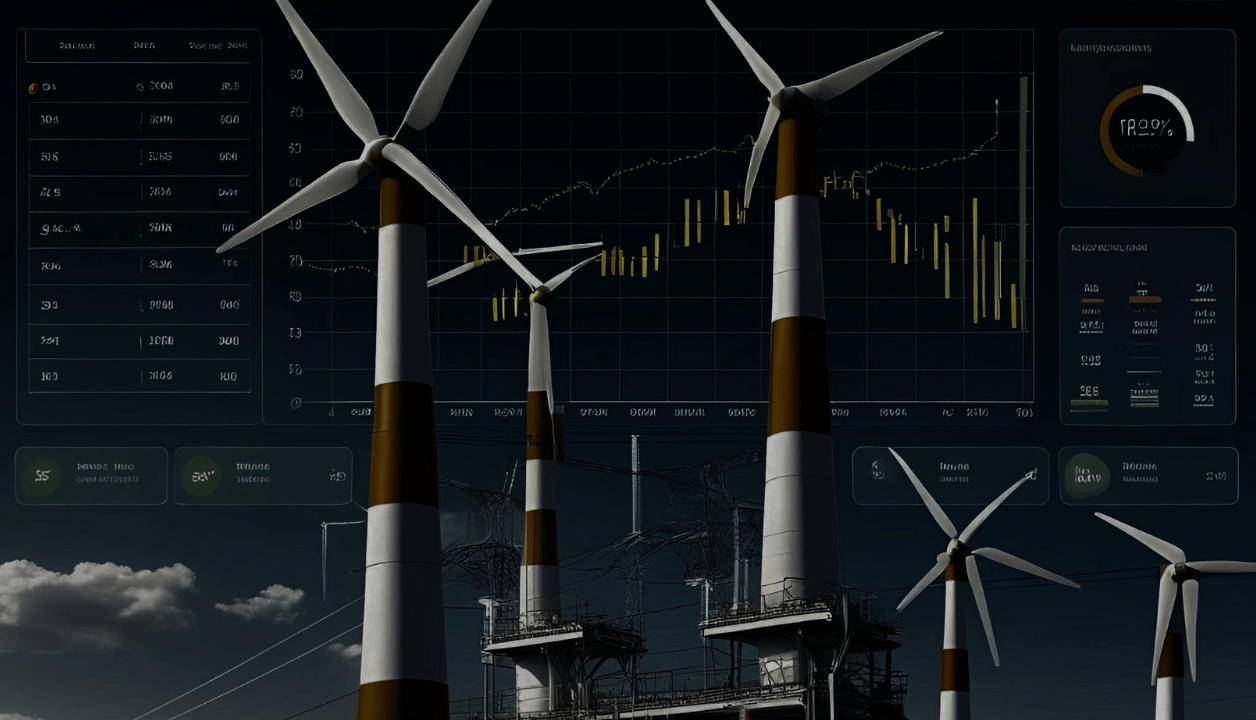Publication date: Aug 19, 2025 Japan Emphasises Domestic Supply Chain in Update to Offshore Wind Strategy Japan Emphasises Domestic Supply Chain in Update to Offshore Wind Strategy The “Public-Private Council for Enhancing the Industrial Competitiveness of Offshore Wind Power” held its first meeting in over four years to discuss a new vision. The Ministry of …
Continue reading “Japan Emphasises Domestic Supply Chain in Update to Offshore Wind Strategy”










